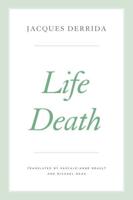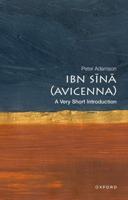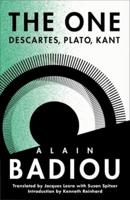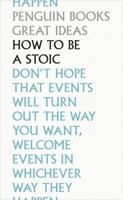Publisher's Synopsis
Excerpt from Aristotle on Education: Being Extracts From the Ethics and Politics
Being an activity, all science has an ma'. T a conception which we are apt to misunderstand. Which we translate by end had a far more definite not only in Aristotle's technical language, but in the everyday life. It meant completion, and the Gr which we translate by complete or perfect is s adjective derived from this noun. Now, Aristotle foremost a biologist, and this conception, like oth took a biological form in his mind. All - and activity is a form of motion - was to him a pro matter to form. The completion or end of the pr the attainment of the form which was natural to the or whatever else it might be that was becoming. Grown oak is the end of the acorn, the ?ower is t of the seed, the man of the embryo. We have ne right interpretation of any passage where Aristotle speaks abort ends till we have seen in what sense the end in questio the completion of a process.
Now, if we apply this to the form of activity which we science, we see at once that the end of some sciences a different character from that of others. In other words sciences are not complete at the same stage of In the case of geometry, the activity is complete w the proposition we are studying there is nothing mo than the activity itself. But, if we take a science like ing, we find that the case is quite different. The construction is certainly an activity of the soul, but it can be called complete; the process is only completed by actual construction of a road or a bridge or some ot product beyond the activity itself. Such sciences are cal practical, while those which find their completion in the sim activity of knowing are called speculative and t/zcorctical.
About the Publisher
Forgotten Books publishes hundreds of thousands of rare and classic books. Find more at www.forgottenbooks.com
This book is a reproduction of an important historical work. Forgotten Books uses state-of-the-art technology to digitally reconstruct the work, preserving the original format whilst repairing imperfections present in the aged copy. In rare cases, an imperfection in the original, such as a blemish or missing page, may be replicated in our edition. We do, however, repair the vast majority of imperfections successfully; any imperfections that remain are intentionally left to preserve the state of such historical works.









